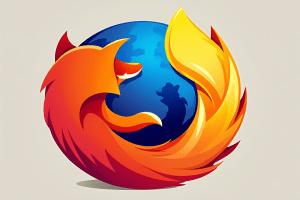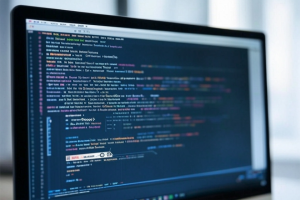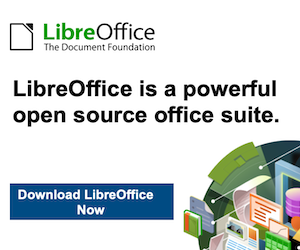Australia has passed legislation to ban social media use for children under 16, marking it as a world-first law.
This ban applies to platforms like TikTok, Instagram, X, and others, with significant fines for tech companies that fail to prevent minors from having accounts.
The law was passed with bipartisan support in the Australian Parliament, with the House of Representatives approving it by 102 votes to 13 and the Senate by 34 votes to 19.
The ban will take effect one year after its passage, allowing time for social media companies to devise methods for enforcement.
Critics argue that the ban might push young users towards less regulated parts of the internet or isolate them, while supporters believe it addresses significant mental health concerns among youth.
There are also concerns about privacy and the practical implementation of age verification without compromising user data.
Tech companies have not yet determined specific methods to enforce the social media ban for under-16s in Australia, as the legislation gives them a one-year period to develop strategies before penalties take effect. However, some potential approaches and challenges have been discussed:
1. Age verification: Companies may need to implement age verification systems, though the exact methods are still unclear.
2. “Reasonable measures”: The law requires platforms to take “reasonable steps” to prevent underage users from accessing social media, but details on what constitutes “reasonable” are not yet defined.
3. Privacy concerns: The legislation prohibits platforms from requiring users to submit government-issued identification or mandating digital ID through any government system.
4. Technical challenges: Companies have expressed concerns about the feasibility of implementing effective age verification methods while balancing privacy and practicality.
5. Consultation period: The government plans to engage in broad consultation with stakeholders before setting a specific enforcement date and determining acceptable verification methods.
Given these factors, tech companies will need to work closely with Australian authorities over the next 12 months to develop approaches that balance safety, privacy, and practicality while complying with the new law.
Mental Health Support:
The social media ban for children under 16 in Australia could have significant negative impacts on those who rely on these platforms for mental health support.
With regard to user support systems, social media often provides crucial access to health resources, peer support, and a sense of community for many young Australians.
Disproportionate effects on marginalized groups like children of color, for instance, who often use social media to reduce isolation, may be more severely affected by the ban.
Some young people use social media platforms to access mental health information and support that may not be readily available in their immediate environment.
By removing access to online communities, the ban could exacerbate feelings of loneliness and isolation for some children.
Critics have argued that the ban could push children towards more dangerous online environments that lack safety features present on mainstream platforms.
Mental health professionals and advocacy groups have expressed concerns about these potential negative outcomes, emphasizing the need for policies based on evidence rather than rushed decisions.
The ban’s impact on children’s mental health support systems highlights the complex relationship between social media use and youth well-being, suggesting that a more nuanced approach may be necessary to balance protection and access to beneficial resources.






